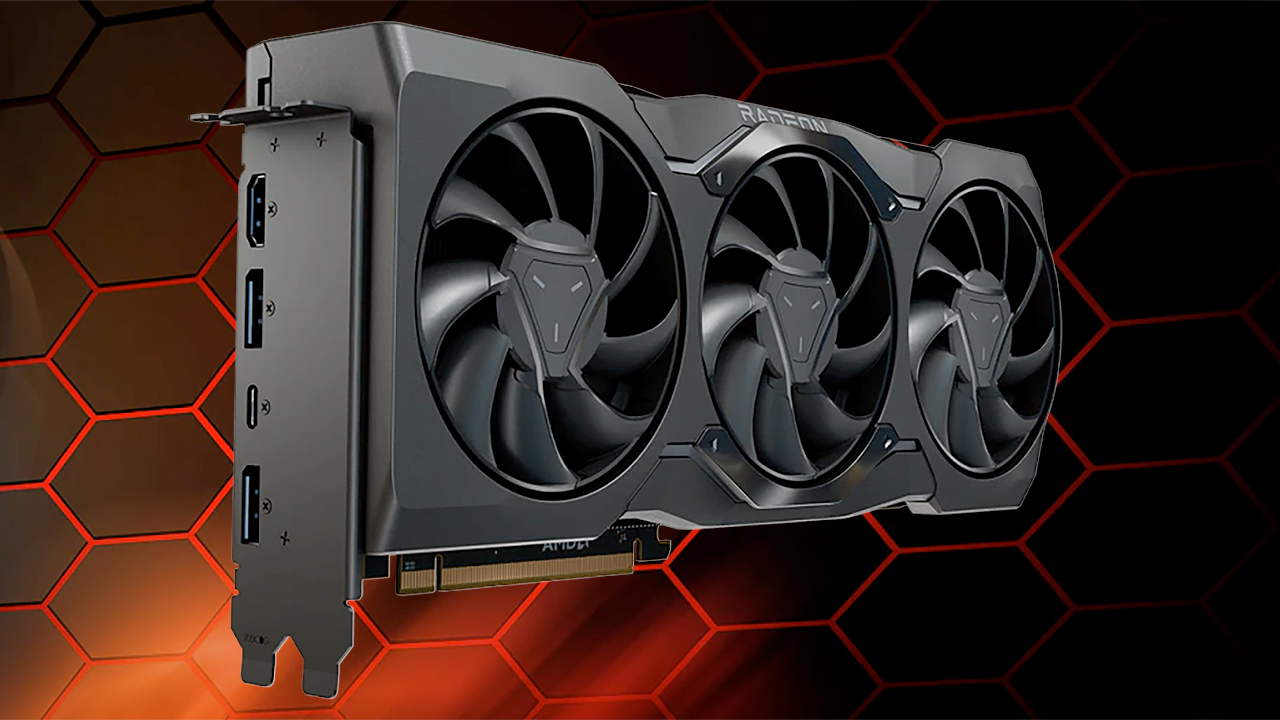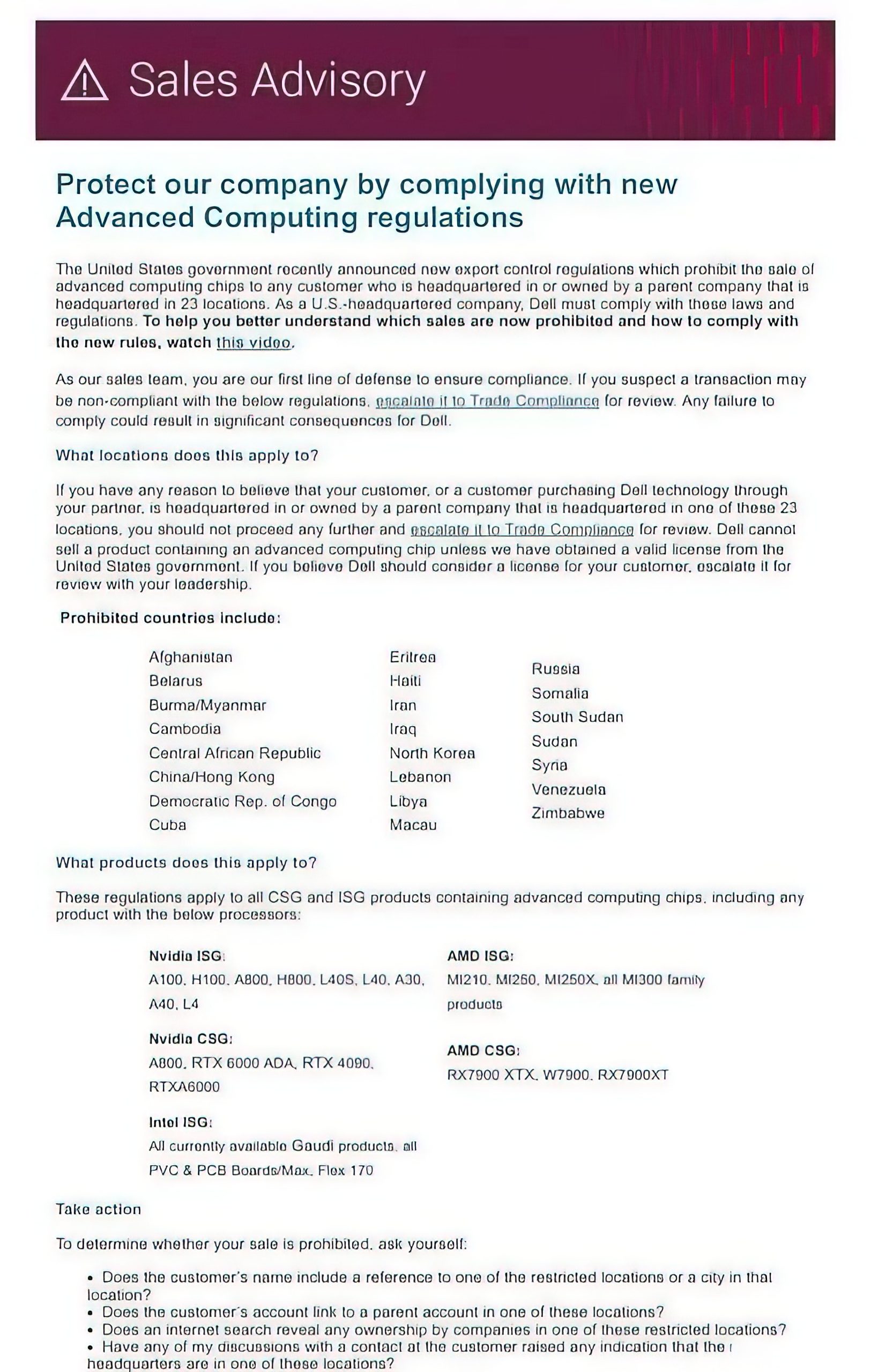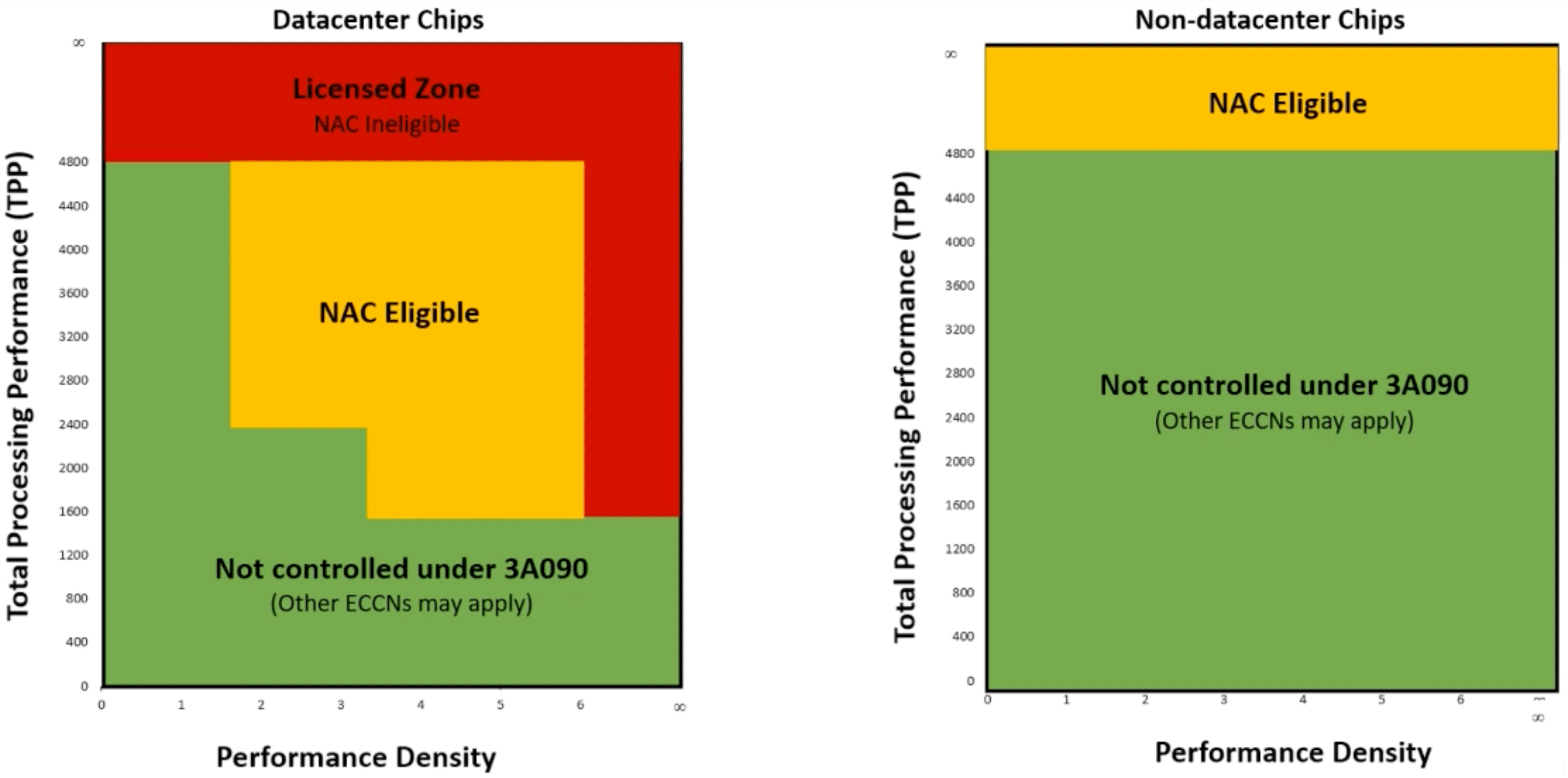Dell reportedly restricts exports of AMD's fastest gaming GPUs to China — Radeon RX 7900 XTX, RX 7900, Pro W7900 purportedly listed as sanctioned tech
Dell has reportedly asked its customers not to supply AMD's latest graphics cards to China and 22 other locations.

Dell has reportedly issued a Sales Advisory document to ensure that its sales personnel do not sell AMD's latest Radeon RX 7900-series gaming graphics cards as well as Instinct artificial intelligence (AI) and high-performance computing (HPC) GPUs to China and 22 other countries, to comply with the latest U.S. export rules. But a quick check of AMD's consumer GPU specifications by Tom's Hardware reveals that they may not require an export license from the U.S. government; if the document is legitimate, it could spell a misinterpretation of the new export rules.
The report comes on the heels of an export ban on the RTX 4090, Nvidia's fastest gaming graphics card, that prevents the company from shipping those models to China.
The advisory includes AMD's Radeon RX 7900 XT, Radeon RX 7900 XTX, and Radeon Pro W7900 graphics boards (which are among today's best graphics cards), according to an excerpt from the purported Dell document published by WccfTech. In addition, the list of products restricted by Dell itself includes Instinct MI210, MI250, MI250X, and MI300-series datacenter AI and HPC GPUs. We could not verify the legitimacy of the excerpt as of press time, but we have reached out to both AMD and Dell for comment on the matter.
Under the latest U.S. export rules for high-performance CPUs and GPUs to China and a variety of other countries, installed as part of an ongoing chip war, U.S. companies (and multinationals) have to obtain an export license from the U.S. Department of Commerce if Total Processing Power (TPP) of their non-datacenter product exceeds 4,800 points.
For data center products, the U.S. DoC considers not only TPP but also performance density, and depending on those factors, it may not require an export license at all, require notification about their shipments to China in advance, or demand a company seek an export license (which it will review under the presumption of denial). We published more information about this metric and its impacts here.
The Total Processing Performance (TPP) score is essentially listed processing power in TFLOPS or TOPS multiplied by the length of operation (e.g., TFLOPS or TOPS ‘8/16/32/64) without sparsity. Performance density is TPP divided by die size in square millimeters.
We do not know the INT8 rate of AMD's Radeon RX 7900 XTX or Radeon Pro W7900, but their FP16 rate is 122.64, which means that its TPP score is 1962, which is well below the score that triggers the requirement for an export license. Other graphics cards in the list offer an even lower FP16 rate and TPP. That certainly implies this is a misinterpretation of the new sanctions guidelines. While the Radeon Pro W7900 can be deemed a data center product (which it is not) with a performance density of 3.7, it can get an export license in up to 25 days.
Regarding AMD's data center products, the most powerful one listed by AMD is the Instinct MI250X. It has an INT8 performance rate of 383 TOPS, which means that its TPP score is 3064. Although this is a data center product, its performance density is 2.11 (given its die size of 2x724mm^2).
Get Tom's Hardware's best news and in-depth reviews, straight to your inbox.
Given that neither of AMD's existing products offers a high enough TPP score or performance density, we can only wonder if the document is legitimate or why Dell decided to deny its sales personnel to sell them to entities in China, entities with ties to China, or other countries that may present national security threats to the U.S.
We inquired with both AMD and Dell about the matter and will update the story once we get an official statement.

Anton Shilov is a contributing writer at Tom’s Hardware. Over the past couple of decades, he has covered everything from CPUs and GPUs to supercomputers and from modern process technologies and latest fab tools to high-tech industry trends.
-
aberkae Reply
Hey at least they have Arc now 🤣.-Fran- said:Now Dell gives a damn about AMD.
Of course they do now.
Regards.

